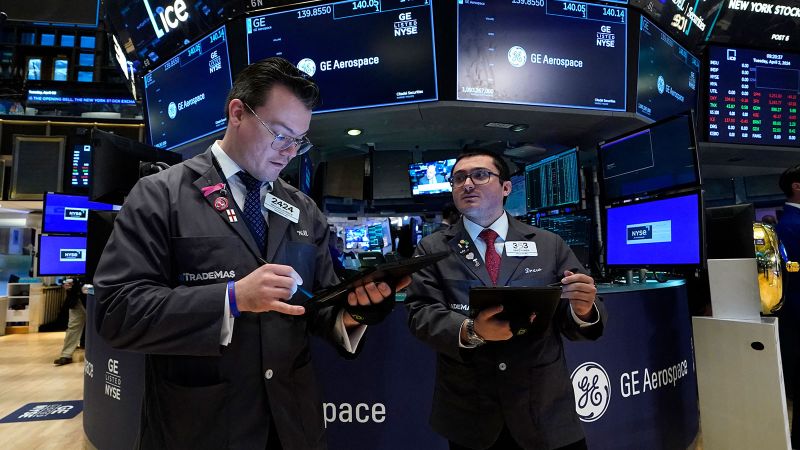In the US markets, the S&P 500 rallied by 24% in 2023 and hit 22 new all-time highs in the first quarter. However, direct-to-consumer brands such as HelloFresh, Peloton, and others have been facing significant declines in their stock prices, with drops of at least 75% from their peak market prices. Many of these companies are struggling to make a comeback, with some insiders expressing doubts about their ability to recover.
The economic downturn, along with the shift in investor mentality from greed to fear, has impacted these companies. Investors are now seeking safety in companies with solid fundamentals and profitability. The direct-to-consumer brands have struggled to transition to profitability themselves, with companies like Allbirds, Warby Parker, Rent the Runway, and Purple reporting substantial losses in the millions of dollars. While these companies claim to be making progress financially, the challenge of achieving profitability has been an ongoing issue.
The rise of direct-to-consumer brands in the mid-2010s was fueled by a surge in venture capital funding, leading to rapid growth without a focus on profitability. Companies spent heavily on marketing and expansion, but failed to establish sustainable cost structures. As investor preferences shifted towards profitability, many of these companies were unprepared to make the transition, having been built for growth rather than profitability. This has resulted in declines in stock prices and challenges in maintaining financial stability.
Despite the struggles faced by these companies in the public markets, some have opted to go private as a means of survival. Companies like Blue Apron and Casper have been acquired and taken private by equity firms after experiencing declines in their stock prices. Going private allows these companies to avoid the costs and pressures associated with being publicly traded, potentially enabling them to refocus their strategies and operations towards sustainable growth and profitability.
Costco, a warehouse retailer, has partnered with Sesame to offer its members access to prescriptions for weight-loss drugs through its health care partner. The program includes video consultations with weight loss specialists, prescription medications, and ongoing support for members seeking to lose weight. The cost of medication is not included in the program, with potential monthly costs ranging from $950 to $1,600 for GLP-1 drugs. The partnership aims to address the unmet need for weight loss services among Costco members, providing a more accessible and affordable option for those seeking support in their weight loss journey.
Tesla, the electric car company led by CEO Elon Musk, reported its first annual drop in sales since the start of the pandemic. Increased competition from Chinese and Western automakers has impacted demand for Tesla vehicles, leading to a decline in sales. In response, Tesla has been cutting prices to remain competitive, which has affected the company’s profit margins. Investors, who had high expectations for Tesla’s future growth, have reacted to the decline in sales by selling off Tesla’s stock, causing a significant drop in stock value. Tesla is now facing challenges in maintaining its position as the world’s most valuable automaker amidst increasing competition and pricing pressures.


